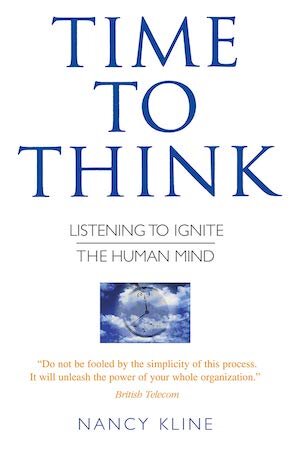With summer in the southern hemisphere, long days combined with school holidays for school teachers create the perfect opportunity to relax with a good book. Here are five great reads that might spark some curiosity and keep the brain working over the break.
"How To: Absurd scientific advice for common real-world problems" by Randall Munroe
Described as "The world's most entertaining and useless self-help guide” this book builds on the thinking revealed in other books by Randall Munroe.”How To" is a delightful combination of humour and scientific knowledge. Munroe answers questions that you always wanted to know the answer to using science to uncover fresh possibilities. The book covers essential topics such as “How to Move”, “How to Throw Things”, How to power your house (on Earth and Mars) and “How to build a lava moat”. Some of the advice is potentially life-threatening while other pieces involve flocks of butterflies which, while a technically feasible part of a solution for transmitting a computer file, are perhaps not an entirely practical delivery vector.
"Humble Pi: A Comedy of Maths Errors" by Matt Parker
Too many people consider mathematics to be the discipline they least enjoyed and feel least confident with. Too few people study mathematics at a high level in the later years of schooling. This book reveals why we should encourage more students to engage fully with mathematical learning. "We would all be better off if everyone saw mathematics as a practical ally”. In this book Matt Parker reveals what can happen when mistakes are made. A mix of humour and cautionary tales that will have you questioning the reliability of everyday objects and high tech engineering.
"The Man who Knew the way to the Moon" by Todd Zwillich
We take for granted now that when you travel to the moon you leave Earth, travel to the moon, climb into your lunar lander, descend to the surface and do the reverse on the way home. This method was not always understood and many alternatives were considered. In this book, Todd Zwillich tells the story of John C. Houbolt, the NASA engineer who recognised and advocated what became known as ‘lunar orbit rendezvous’ as the only way to safely land a man on the moon. The story demonstrates Houbolt engineering genius as it describes how he overcame the challenges posed by long-range space flight. The story of Houbolt will be of great interest to anyone involved in change management or who has a great idea needing the support of others before it might be realised. Houbolt’s struggles to convince NASA that his plan was the only one which would work is a powerful cautionary tale from which much can be learned.
"Time to Think: Listening to ignite the human mind” by Nancy Kline
"The best conditions for thinking, if you really stop and notice, are not tense. They are gentle. They are quiet. They are unrushed. They are stimulating but not competitive. They are encouraging. They are paradoxically both rigorous and nimble.”
In “Time to Think”, Kline describes the conditions that allow individuals to think at their best. In these busy times, when decisions are rushed and moments of genuine human connection are fleeting, the importance of creating time and space for those we work with and care for to think is most critical. This book will reveal a set of powerful strategies that can be used to create time and space for deeper thinking; A thinking environment.
"Factfulness: Ten reasons we’re wrong about the world - And why things are better than you think" by Hans Rosling, Ola Rosling and Anna Rosling Rönnlund
It is easy to think that the world is going to hell in a handcart but when we investigate the facts, as revealed by statistics, a different picture emerges. In this book by the authors behind “Gap Minder” the truth of the changing state of the world is revealed. Readers are asked to consider that although in some aspects things might still be bad, it is very much the case that things are getting better. What is most required is an understanding of the realities of life on our planet and with that a sense of perspective. A positive and uplifting book that will have you believing in a brighter future based on strong evidence and the perspective of a “possibilist”.
“People often call me an optimist, because I show them the enormous progress they didn't know about. That makes me angry. I'm not an optimist. That makes me sound naive. I'm a very serious “possibilist”. That’s something I made up. It means someone who neither hopes without reason, nor fears without reason, someone who constantly resists the overdramatic worldview. As a possibilist, I see all this progress, and it fills me with conviction and hope that further progress is possible. This is not optimistic. It is having a clear and reasonable idea about how things are. It is having a worldview that is constructive and useful.” - Hans Rosling
By Nigel Coutts





